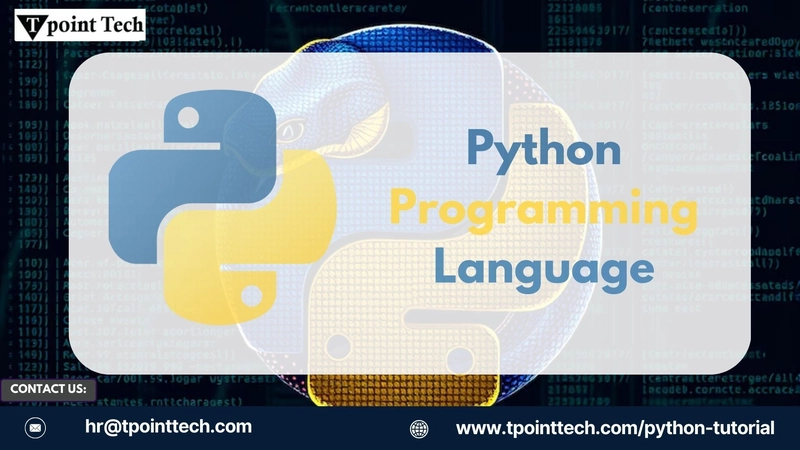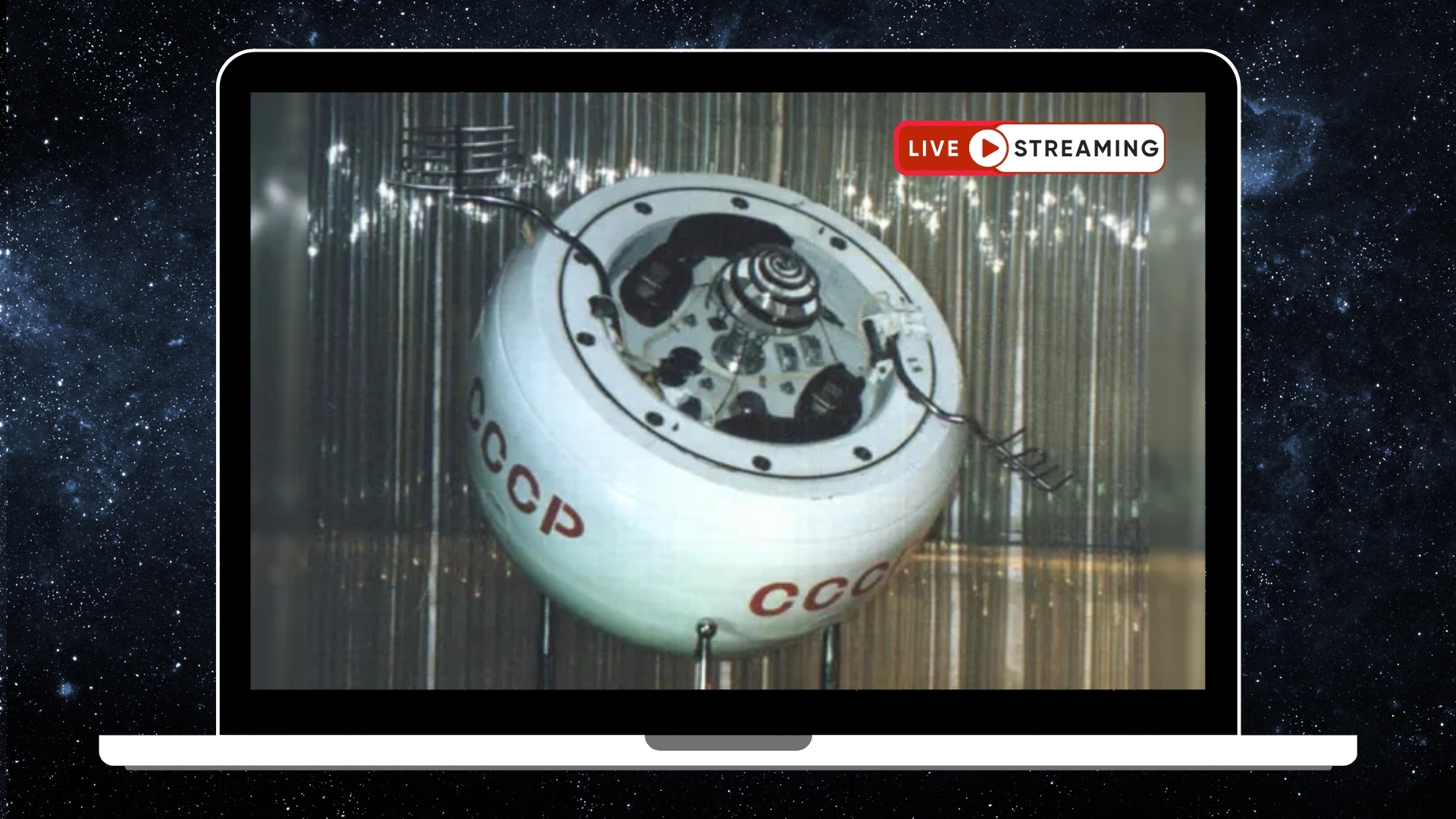Python Programming Language: What It Is and Why You Should Learn It
Python Programming Language Introduction In the world of programming, few names stand out like the Python programming language. From powering websites and apps to driving AI research and data science, Python has become one of the most popular and versatile programming languages in the world. But if you’re new to coding or considering which language to learn first, you may be wondering: What is Python, and why is it so widely recommended? In this post, we’ll explore the basics of the Python programming language, its key features, and the top reasons why learning Python could be one of the smartest moves for your tech career. What Is Python? At its core, Python is a high-level, general-purpose programming language that emphasizes readability, simplicity, and flexibility. It was created in the late 1980s by Guido van Rossum and officially released in 1991. Since then, it has evolved into a powerful tool used across web development, automation, data science, machine learning, game development, and more. So, what is Python known for? The language’s clean syntax and easy-to-read structure make it especially friendly to beginners. In fact, many universities and coding boot camps teach Python as a first language because of its intuitive nature. Key Features of Python Programming Language Here are some standout features that make the Python programming language a favorite among developers: 1. Readable and Simple Syntax Python code resembles plain English. This makes it easy to learn, write, and understand—even if you have no prior programming experience. # Example: Printing a greeting in Python print("Hello, world!") 2. Interpreted Language Python is an interpreted language, which means you don’t need to compile your code before running it. This helps with faster development and testing. 3. Dynamically Typed You don’t need to declare variable types—Python figures it out for you. x = 5 # x is an integer x = "hello" # now x is a string 4. Large Standard Library Python comes with a rich collection of built-in modules and packages, so you can do more with less code. 5. Cross-Platform Python runs on Windows, macOS, Linux, and even mobile devices, making it extremely versatile. Why Should You Learn Python? Now that you have an idea of what Python is, let’s dive into why you should learn the Python programming language—especially if you’re just starting or looking to expand your skills. 1. Beginner-Friendly Python is often regarded as the best programming language for beginners. You can start building functional scripts with just a few lines of code. Its error messages are easy to understand, which helps in debugging and learning. 2. High Demand in the Job Market Python developers are in high demand across industries. Whether you’re aiming to work in tech, finance, healthcare, or education, Python skills can open doors to roles such as: Web developer Data analyst Software engineer Machine learning engineer Automation specialist 3. Great for Data Science and AI Python is the go-to language for data science, artificial intelligence, and machine learning. Libraries like NumPy, Pandas, Scikit-learn, TensorFlow, and Matplotlib make it easy to analyze data and build predictive models. 4. Used by Big Tech Companies Major companies, including Google, Netflix, Spotify, Instagram, and Dropbox, all utilize the Python programming language in their technology stacks. Learning Python gives you a skill that’s not just in demand but also trusted by industry leaders. 5. Strong Community Support Python has a massive global community. Whether you’re looking for online tutorials, forums, open-source projects, or mentors, you’ll find abundant support as you learn. 6. Supports Automation Want to save time by automating repetitive tasks? Python can help you automate file handling, web scraping, sending emails, generating reports, and much more. Real-World Applications of Python To further understand what Python can do, here are some real-world applications: Web Development: Frameworks like Django and Flask power scalable, secure websites and APIs. Data Analysis & Visualization: Python is heavily used to explore and visualize large datasets. Machine Learning: From chatbots to recommendation systems, Python drives AI projects. Scripting and Automation: Python automates everything from backups to data entry. Game Development: Libraries like Pygame are great for making simple games. Final Thoughts So, what is Python really? It’s more than just a programming language—it’s a gateway to endless opportunities in the digital world. Whether you're a student, a working professional looking to switch careers, or a tech enthusiast, the Python programming language offers a low barrier to entry a

Python Programming Language
Introduction
In the world of programming, few names stand out like the Python programming language. From powering websites and apps to driving AI research and data science, Python has become one of the most popular and versatile programming languages in the world. But if you’re new to coding or considering which language to learn first, you may be wondering: What is Python, and why is it so widely recommended?
In this post, we’ll explore the basics of the Python programming language, its key features, and the top reasons why learning Python could be one of the smartest moves for your tech career.
What Is Python?
At its core, Python is a high-level, general-purpose programming language that emphasizes readability, simplicity, and flexibility. It was created in the late 1980s by Guido van Rossum and officially released in 1991. Since then, it has evolved into a powerful tool used across web development, automation, data science, machine learning, game development, and more.
So, what is Python known for? The language’s clean syntax and easy-to-read structure make it especially friendly to beginners. In fact, many universities and coding boot camps teach Python as a first language because of its intuitive nature.
Key Features of Python Programming Language
Here are some standout features that make the Python programming language a favorite among developers:
1. Readable and Simple Syntax
Python code resembles plain English. This makes it easy to learn, write, and understand—even if you have no prior programming experience.
# Example: Printing a greeting in Python
print("Hello, world!")
2. Interpreted Language
Python is an interpreted language, which means you don’t need to compile your code before running it. This helps with faster development and testing.
3. Dynamically Typed
You don’t need to declare variable types—Python figures it out for you.
x = 5 # x is an integer
x = "hello" # now x is a string
4. Large Standard Library
Python comes with a rich collection of built-in modules and packages, so you can do more with less code.
5. Cross-Platform
Python runs on Windows, macOS, Linux, and even mobile devices, making it extremely versatile.
Why Should You Learn Python?
Now that you have an idea of what Python is, let’s dive into why you should learn the Python programming language—especially if you’re just starting or looking to expand your skills.
1. Beginner-Friendly
Python is often regarded as the best programming language for beginners. You can start building functional scripts with just a few lines of code. Its error messages are easy to understand, which helps in debugging and learning.
2. High Demand in the Job Market
Python developers are in high demand across industries. Whether you’re aiming to work in tech, finance, healthcare, or education, Python skills can open doors to roles such as:
- Web developer
- Data analyst
- Software engineer
- Machine learning engineer
- Automation specialist
3. Great for Data Science and AI
Python is the go-to language for data science, artificial intelligence, and machine learning. Libraries like NumPy, Pandas, Scikit-learn, TensorFlow, and Matplotlib make it easy to analyze data and build predictive models.
4. Used by Big Tech Companies
Major companies, including Google, Netflix, Spotify, Instagram, and Dropbox, all utilize the Python programming language in their technology stacks. Learning Python gives you a skill that’s not just in demand but also trusted by industry leaders.
5. Strong Community Support
Python has a massive global community. Whether you’re looking for online tutorials, forums, open-source projects, or mentors, you’ll find abundant support as you learn.
6. Supports Automation
Want to save time by automating repetitive tasks? Python can help you automate file handling, web scraping, sending emails, generating reports, and much more.
Real-World Applications of Python
To further understand what Python can do, here are some real-world applications:
- Web Development: Frameworks like Django and Flask power scalable, secure websites and APIs.
- Data Analysis & Visualization: Python is heavily used to explore and visualize large datasets.
- Machine Learning: From chatbots to recommendation systems, Python drives AI projects.
- Scripting and Automation: Python automates everything from backups to data entry.
- Game Development: Libraries like Pygame are great for making simple games.
Final Thoughts
So, what is Python really? It’s more than just a programming language—it’s a gateway to endless opportunities in the digital world. Whether you're a student, a working professional looking to switch careers, or a tech enthusiast, the Python programming language offers a low barrier to entry and high potential for growth.
With its simplicity, community, and versatility, Python remains a dominant force in the programming world. If you’re looking for a place to start your coding journey—or take it to the next level—learning Python is the right move.








































































